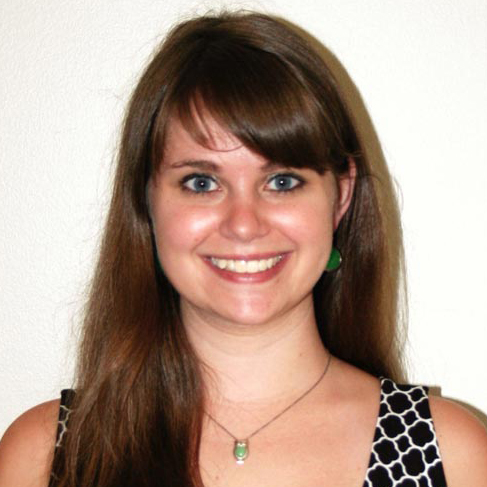SmArts
February 20-26, 2017
Tales of AWP 2017
By M. D. Myers
This week, Poet M. D. Myers recounts the best moments from the 2017 AWP conference:
For some, early spring is ushered in by gradually warming air, a few crocuses making their first debuts, and a proliferation of awards shows, from the Grammys to Westminster. But for around 20,000 writers, teachers, publishers, and students, spring means an annual three-day conference, crammed with close to 200 panels a day, 800 presses represented, and enough author readings to fill the nights with figurative language and social anxiety – in equal measure. Last week, I attended the Association of Writers and Writing Programs’ (AWP) 2017 Conference, helping represent the University of Arkansas’ literary journal, The Arkansas International, as well as the Open Mouth Reading Series.
Hosted by a new city each time, this year the writers descended on Washington D.C., a decision made long before anyone knew to expect the current political divisiveness Americans are now facing. Czeslaw Milosz said of poetry that it should be “a passionate pursuit of the real”, and so it is inevitable the current social landscape of the country has an effect on the atmosphere of the AWP conference. Politics certainly was on the minds of each attendee, though this manifested in various ways over the course of the three days. It was most notable for me in how the conference addressed the often-forgotten population of writers with disability.
Having attended AWP for the last three years, I noticed an increase in the attention paid to, and accommodations for, writers with disability this time around. Only the second year that the conference has held a Disabled and Deaf Writers Caucus, this year more panels were dedicated to frank discussions of issues important to writers with disabilities, including the realities of publishing, challenges faced in teaching and the job market, and celebrating the ways disability brings innovation to contemporary American literature.
The breadth of the conversation extended to include mental illness in a panel challenging the long-standing conception that artistic ability is fed on, or perhaps even necessitated by, threats to the artist’s mental health. For me the highlight of this – hopefully continuing – trend was the event “Hands, A Flurry Of Words”, a reading and performance by five deaf writers. Never having previously encountered the work of deaf writers, I felt welcomed and struck by the physicality in the American Sign Language readings given by Raymond Luczak, Kristen Ringman, and more.
Molly Rector is a staff writer for the Daily Record. Contact her at mrector@gm.slc.edu.



